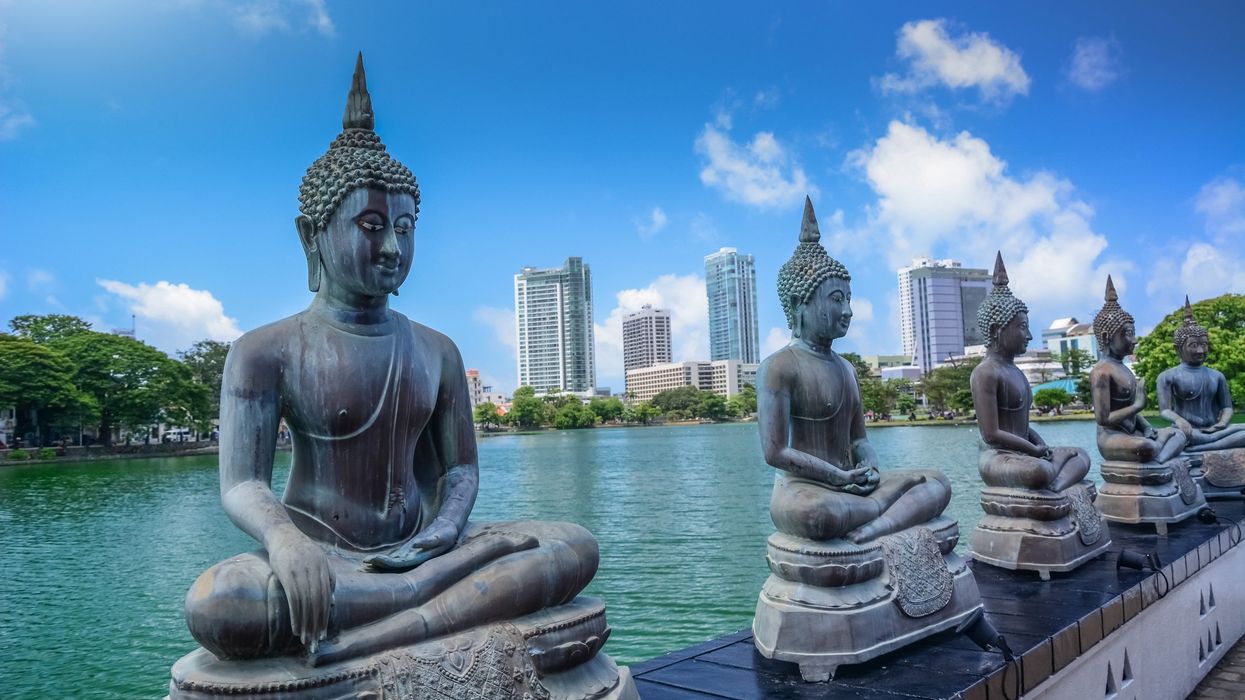By Pooja Shrivastava
SRI LANKA has re-imposed the 14-day mandatory quarantine rule for all travelers entering the country. The decision comes amidst the sharp increase in the number of Covid-19 cases in the country.
The ministry of health has issued a new set of health guidelines for people coming to Sri Lanka from abroad regardless of their vaccination status. The guidelines, issued by the Director-General of Health Services, will be in effect from May 11 to May 31.
As per the official letter, all travelers arriving from overseas, including Sri Lankans (including Sri Lankan seafarers and sea marshalls arriving to go home), dual citizens, tourists, foreign nationals (including valid resident visa holders) should be mandatorily quarantined at a Quarantine Hotel/ Quarantine Centre / Safe and Secure Certified Level 1 Hotel until completion of 14 days.
Children below two years are exempted from day one (on arrival) and exit COVID-19 PCR testing.
All travelers of 12 years and above should undergo Day One (on arrival) Covid-19 PCR testing and all travelers of two years and above should undergo Day 11 to 14 PCR testing.
All travelers should be released from the quarantine premise only after the completion of 14 days of quarantine with negative Covid-19 test results done on Day One (On arrival) and Day 11 to 14, the guidelines says.
The quarantine period of the above-mentioned travelers will be extended, if they are identified as immediate close contacts of some Covid-19 positive person, the official letter said.
The island nation recorded 2,568 cases on Tuesday (11) that included 38 overseas returnees.




